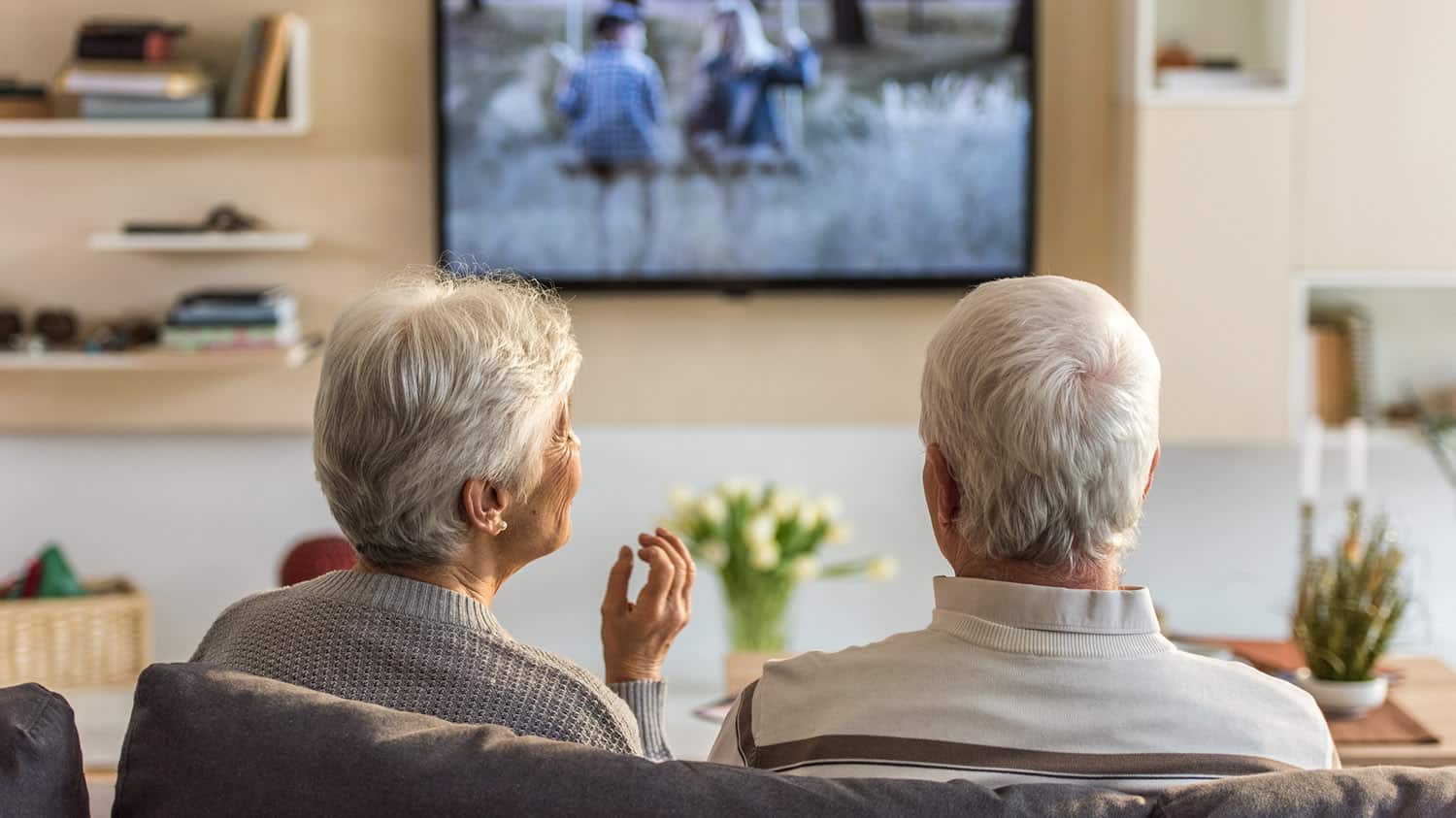
How to Help Your Elderly Parents Stay Safe at Home
It can be difficult to watch your parents grow older and become less independent. It can be even more challenging to know when you should intervene and when you should just stay aware. Join us as we discuss these issues and more with geriatrician Dr. Leslie Kernisan who has a great list of tips to share. Enjoy the show!
Don’t you wish there was a checklist of red flags that you could watch for that would guide you on how to best care for your aging parents? Thanks to Dr. Kernisan, there is!
The Quick Start Guide to Checking Older Parents for Health and Safety Problems can be downloaded via email through Dr. Kernisan’s website, called Better Health While Aging.
This Guide serves as a simple jargon-free map through the five most important areas of senior safety and well-being. Each section also offers practical tips for addressing the most common problems seniors face in each area and suggestions of who to ask for help with various needs.
Life Tasks
The first category Dr. Kernisan’s guide addresses is Life Tasks which consist of fundamental self-care activities such as walking, bathing, dressing, handling finances, house cleaning, meal prep, etc.
The key to helping parents maintain their safety and well-being in these areas is to be able to pinpoint the underlying causes of their inability to do these tasks well. Talking to their physician is the best way to ensure that any new or emerging medical problems can be addressed so that modifications can be made in the home or in their routine to keep them safe.
Safety
Safety is the second category that this guide addresses and is understandably a top priority for most families. The Quick Start Guide pinpoints specific matters to watch for such as concerns of financial exploitation, signs of elder abuse, repeated falls or injuries, mobility issues, or signs of dangerous forgetfulness.
The Guide also gives links to helpful resources to provide more information and insight into safety concerns for elderly adults.
Dr. Kernisan understands that it is difficult to know what to do once you recognize that your parents may have safety issues that need to be addressed. “You have to get a background, big-picture sense of what’s going on,” she said, “then you should make a decision.”
Physical Health
It is not unusual for elderly adults to live with chronic health conditions. However, Dr. Kernisan’s Guide offers physical health complications that may warrant a proactive discussion with your parents’ health care provider.
A loss of appetite, complaints of pain, and frequent hospital/emergency room visits may indicate that your parents’ health problems may need reevaluation or more attention. Speaking with their doctors, patient advocates, or getting a second opinion from another physician or geriatrician may uncover other treatment options that will benefit for your parents’ health and your own peace of mind.
Mood and Brain Health
Does your mother seem depressed? Is your usually frugal father suddenly spending money frivolously? Have they stopped participating in activities and social events that they have always enjoyed? Are they forgetting things?
It can be hard to discern if your parents are experiencing depression, cognitive changes, or both. Again, Dr. Kernisan provides a list of resources to help you understand what your parents are experiencing as well as suggestions of who to reach out to for guidance as you navigate these difficult waters.
Medication Safety and Management
Lastly, monitoring your parents’ medication can be difficult if you are not living with them. Are they refilling their prescriptions on time? Do they remember to take them at the directed time?
It is important that each of your parents’ physicians (each specialist) knows the full list of all medications that your parents take. Many medications can be counterproductive if combined with other drugs and some combinations can be fatal.
In this section of the Guide, Dr. Kernisan offers many valuable resources for understanding how best to help your parents manage their medication and how to look for signs that something is not right.
Have you and your parents ever visited a geriatrician? What concerns you the most about your parents’ health and safety? Did anything in this video make you pause for self-evaluation? Join in the conversation!
Tags Interviews







What a thoughtful and informative article by Sixty and Me on how to help your elderly parents stay safe at home! Ensuring the safety and well-being of aging loved ones in their own home is a top priority for many families, and this guide offers valuable insights, practical tips, and actionable strategies to create a secure, supportive, and comfortable living environment for seniors. For those eager to delve deeper into the world of senior safety, gain additional insights, and find support in assisting elderly parents in maintaining their independence and quality of life at home, I highly recommend visiting SeniorThrive.com. SeniorThrive offers a comprehensive platform that provides a wealth of information, expert advice, and inspiring stories tailored to empower seniors, caregivers, and their families.